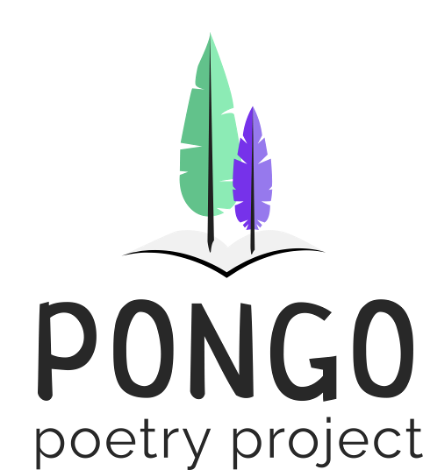Pongo Poetry Project
During my internship with the Seattle Office of Arts & Culture, I created posters for the 2017 Mayor’s Arts Award and its 80 previous recipients since 2003. There I discovered Pongo Poetry Project (Pongo) which was awarded in 2013 for its nonprofit work in facilitating a creative writing program for teens who have experienced a tough home life.
Inspired by their research, I included Pongo in my architecture project, Re-barre. The building includes a writing center and dance studio to help homeless and low-income individuals express their emotions. The intention was to uplift self-confidence in their abilities to supersede poverty mentality for a better future.
In interviewing Ashley Skartvedt, Co-Executive Director of Pongo Programs, I asked if she could share her observations on how introspective writing influences self-confidence.
“When engaging with youth, we invite them to write from the heart about who they are as a person. This invitation allows them to honor their inner voice, which may have previously been silenced. Through the act of writing poetry, the unpleasant feelings surrounding their difficult experience are transformed into resiliency. By sharing their poetry with others in a safe and supportive environment, they feel accepted by their community; building their self-confidence.”
Pongo Methodology
Pongo Poetry Project provides Writing Activities to help teens articulate their emotions and “write about painful experiences—often for the first time—in a way that promotes insight and healing.”
In this video, they share that when teens have the courage to share their poetry, they learn that “they may have had some bad experiences but they are not damaged people. They have many strengths and much to appreciate about themselves.”
Holding onto strong emotions tied to traumas can hinder the mind, body, and spirit. By addressing, articulating, and sharing these emotions, the body is healing on a holistic level, allowing for release and closure to then build a foundation of resiliency.
Pongo in the Community
You don’t have to be a teen to experience the benefits of creative writing. There are many resources to learn Pongo writing methods such as volunteering, reading their methodology textbook, or attending their teacher training. I was surprised to find a Pongo trainee leading a workshop in the UCLArts & Healing HOPE Series, a resource for adults to help others through creative therapies in art, dance, theater, and writing.
In this online workshop, expressive arts therapist, clinical social worker, and slam poet, Asia Moore, shares that writing helps to "see what we feel in language reflected back at us”. Here are the exercises we worked through:
List Poem (at 10:00) - For 10 minutes, write a list of everything that's on your mind.
I found that when I drop the troubles that are circling in my head onto a list, I have the headspace to brainstorm solutions.
Fill-in-the-Blank (at 48:00) - STRENGTH “I can be as strong as a ________, ready to _______.”
I wrote, “I can be as strong as a snail, ready to create my own shell and protect myself.”
My Writing Prompts
With or without childhood traumas, it’s good practice to articulate our feelings. If you’re feeling like your emotions are ready to explore more possibilities of the mind, I created some lighthearted writing warm-ups to help spark the imagination. Try some out and notice if it helps you feel relaxed, open to creative flow, and confident in yourself.
List & Feelings - For 10 min, write a list of everything that’s on your mind and then go back over the list and write about those that stirred emotions.
Fill-in-the-Blank - I wrote cute PFD printouts about making up a city and being an animal.
Image Writing Prompt - Write a short story, poem, or list of ideas from an image of a cat.
May 11, 2023







